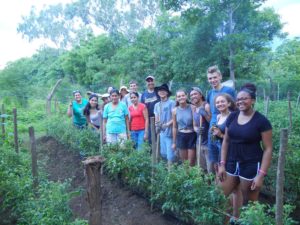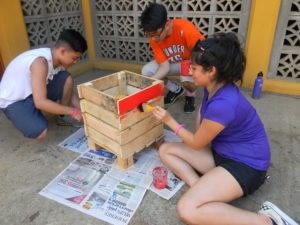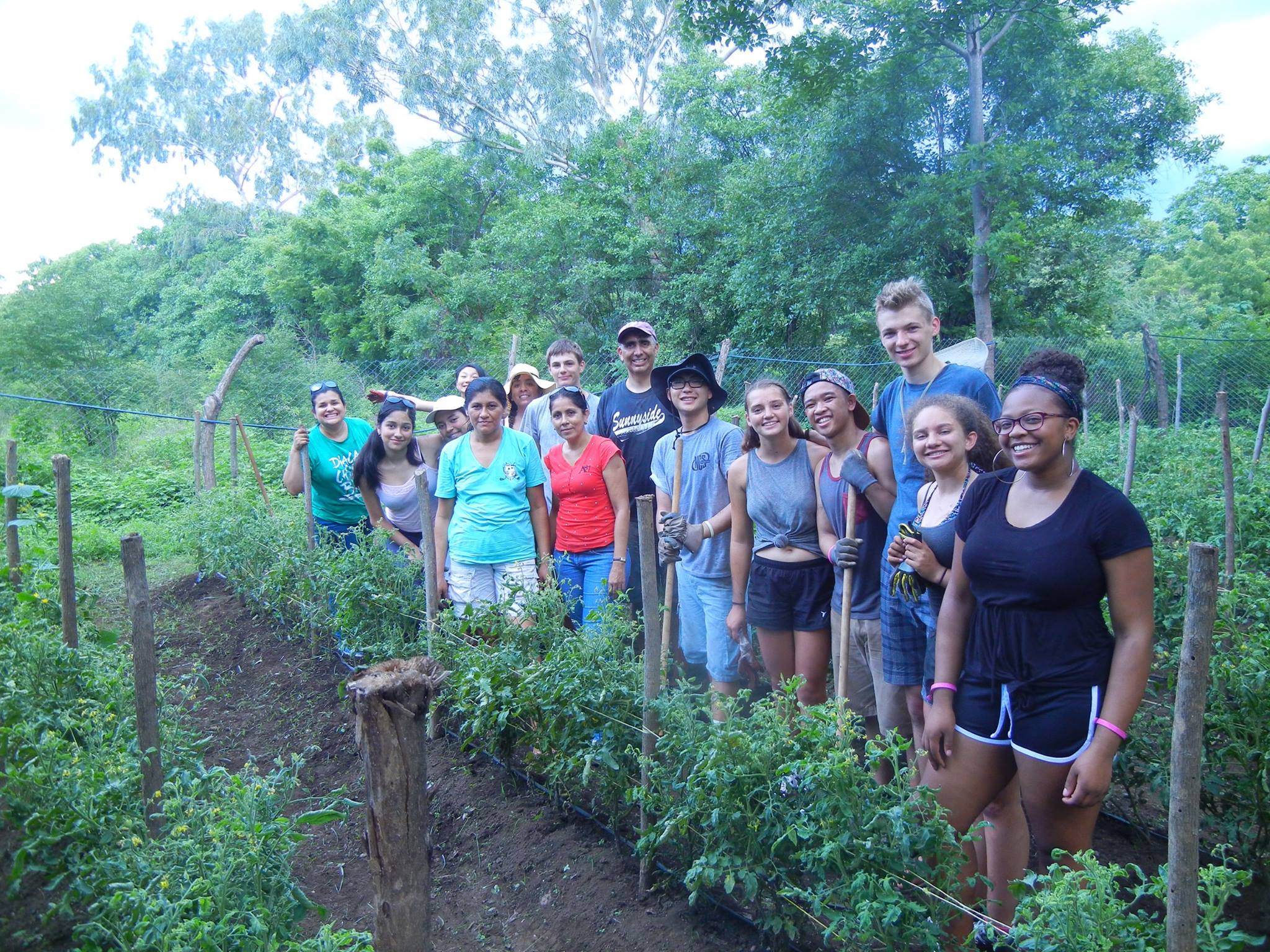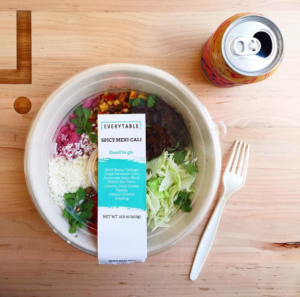This summer, in partnership with ViviendasLeón, the Center for Civic Engagement launched its first trip to Nicaragua. Ten Lick students led by Christy Godinez, Director of Student Inclusion and Civic Engagement, and Shaun Lopez of the history department headed off to Nicaragua for a week of service work and cultural immersion.

ViviendasLeón is an organization that hosts annual service trips to León, Nicaragua; their goal is to “alleviate poverty by providing human, community, and economic development
in the León region by promoting positive relationships between the U.S. students and teachers,” as well as with the people and host families of León. The organization is a global educational non-profit striving to encourage people in the U.S. to gain perspective and to nurture U.S. citizens to work with and help others. They achieve this goal through immersing foreign students in Nicaraguan culture. Students live with host families, visit local historical sites, and work with members of the León community.
Students were intrigued by this trip not only because it was a new opportunity at Lick, but also because they liked its service aspect and wanted to learn about the Nicaraguan lifestyle. Lauren Bang ‘17 states, “I really wanted to learn about Nicaraguan history, improve my Spanish speaking skills, learn about Nicaraguan culture, the food, and form relationships with the people we worked with and stayed with.” While Lick already offers a trip to Spain through the World Languages Department, the Nicaragua trip offered a unique experience through its focus on service. Keanu Velasquez ‘17, who was on the Spain trip during the summer of 2015, recalls that he was thrilled when he heard about this trip. “I thought it would be another opportunity to strengthen my Spanish skills. I think that Spain pushed me to use Spanish everyday with my host family and I definitely learned a lot about how to casually converse, but I thought the Nicaragua trip would push me to use Spanish with adults in the community in a work environment.”
Every morning the students woke up around 8:00, had breakfast with their host family, and headed over to the meeting house to gather with the group. Since part of the trip’s goal was to learn about the Nicaraguan history, the whole first half of their day was dedicated to learning about the city. They visited art museums, the museum of Ruben Dario (a famous Nicaraguan poet), an old prison which was active during the period of political unrest, murals, cathedrals in the center of town, and more. In addition to historical buildings, they also visited local terrain such as Cerro Negro, a nearby volcano, where they slid down the side wearing denim suits and riding on boards. Some days, instead of going sightseeing, there would be lessons at the meeting house. “The lessons in the meeting house would typically be about the Nicaraguan culture and life. We even had the mayor come in one day to talk to us,” Velasquez explains.

After their morning session students returned to their host families for lunch – which typically consisted of rice and beans, cheese, a variety of fresh juices, and occasionally meat. In the afternoon, their hours of service work began and they would receive their work assignments for the day. Goyena is a community that is dependent on small farms and ViviendasLeón’s objective for the trip this year was to help out in the gardens. When asked about the work Lick students did in Goyena, Bang said, “ViviendasLeón had already laid the groundwork for the community gardens there. Our main job was to work in those gardens, which consisted of bagging dirt and weeding a tomato garden for a couple of days. We also built some wooden planter boxes. We used saws,hammers,and nails. Finally, we painted the boxes and planted trees in the planters for the community center.”
While helping out in the gardens of Goeyna might not seem extremely important, Velasquez said, “Gardening and farming is such a key part of the community and I believe that our work really helped them to be more efficient. A lot of their food comes from these gardens and it’s often difficult for members of the community to dedicate sufficient time to these gardens because of all the other errands they have. I think doing what seems like a small task for me but huge for them helped me realize how fortunate I am back home. I’m definitely more grateful for what I have and the people that I have around me. Gardening and food is something that I think a lot of us often take for granted, but we aren’t really aware of how much work it truly takes. I think this whole experience helped me realize how a little bit of help can really go a long way, especially in terms of helping them relieve some stress.”
After a long day of work, students had some free time to relax. They could go explore the city in small groups or cool off in the community pool. Afterwards, they went back to their homes and had dinner with their host families. Finally, they finished off their day once again at the meeting house to write in their journals and to reflect on their experience.
As well as hands-on work with locals, students also got to build strong bonds with the villagers. Bang says, “While the work I did in the gardens was meaningful to me, my favorite part of the trip was spending time with my host family. I spent a lot of time talking with one of her host parent’s, Doña Hortencia, granddaughter in Spanish. She is currently a 20 year old law student at León’s university. I really enjoyed hearing about her experiences and what she is doing in school currently. She speaks impeccable English and we had some good laughs over my stumbling Spanish!”
Even though this was Lick’s first trip to Nicaragua, it won’t be the last. VividenasLeón hasn’t decided what projects they’ll be working on during the summer of 2017, but the structure of the program through Lick will stay the same. Students who went on this trip this past year urge students to seriously consider this unique experience. Bang says, “My main takeaway was that despite the language barriers, I was able to really make strong connections with the people I stayed and worked with. It was these connections that made this trip really fun and fulfilling. I encourage everyone to apply to this trip. You will strengthen your Spanish skills and immerse yourself in a new culture.”






